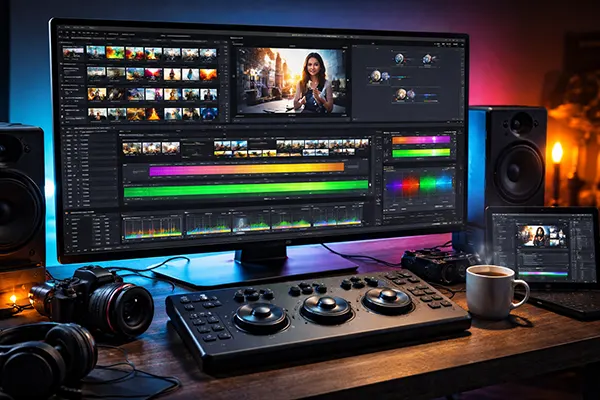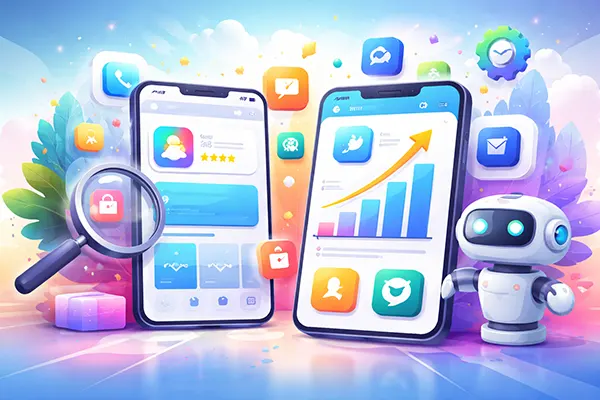
The Evolution of Gambling Software: From Basic to Advanced Technologies
The gambling industry has experienced a seismic shift with the advent of digital technology. Particularly, online casinos like casino Thrills have revolutionized how players engage with gambling activities. This article explores the fascinating evolution of gambling software, tracing its journey from basic programs to today’s sophisticated, technology-driven platforms.
The Growth of Online Casinos
From Physical to Digital: The transition from land-based casinos to online platforms marked the first significant evolution in gambling software. The initial software focused on replicating traditional casino games in a digital format. These platforms prioritized accessibility and user-friendly interfaces, allowing users to experience the thrill of gambling from their homes.
Evolving Game Variety and User Experience: As online casinos grew, so did the diversity of games offered. Developers began creating unique, interactive games, moving beyond classic slots and table games. Enhanced graphics, realistic sound effects, and smoother gameplay improved user engagement and satisfaction.
Cutting-Edge Technology is Changing Gambling Software
Artificial Intelligence and Machine Learning: Modern gambling platforms leverage AI and machine learning to personalize gaming experiences. These technologies enable more engaging games, predictive analytics for user preferences, and improved security measures against fraudulent activities.
Mobile Gaming: The explosion of mobile technology has been a game-changer. Gambling software developers now prioritize mobile-first strategies, ensuring games are optimized for smartphones and tablets, offering the same quality as desktop versions.

Impact of Blockchain and Cryptocurrency
Blockchain for Enhanced Security: Blockchain technology has brought a new level of security and transparency to online gambling. It ensures fairness in games, secure transactions, and anonymity for users, thereby building trust in online platforms.
Cryptocurrency Integration: The incorporation of cryptocurrencies like Bitcoin in gambling platforms has simplified transactions, providing users with a faster, more secure way to deposit and withdraw funds, free from traditional banking regulations.
The Role of Big Data and Analytics
Personalization Through Data: Gambling software now heavily relies on big data to tailor user experiences. By analyzing player behavior, software can offer personalized game recommendations, betting limits, and bonuses.
Enhancing Responsible Gambling: Big data also plays a crucial role in promoting responsible gambling. By monitoring player habits, software can identify potentially harmful patterns and provide resources or restrictions to encourage safe gambling practices.
Virtual and Augmented Reality in Gambling
Immersive Experiences with VR: Virtual Reality (VR) has introduced a new dimension to online gambling, creating immersive environments that mimic the experience of being in a physical casino, complete with detailed casino layouts and interactive slot machines.
Augmented Reality’s Potential: Augmented Reality (AR) is set to further transform the gambling experience by overlaying digital information onto the real world, offering an interactive and engaging way to play.



